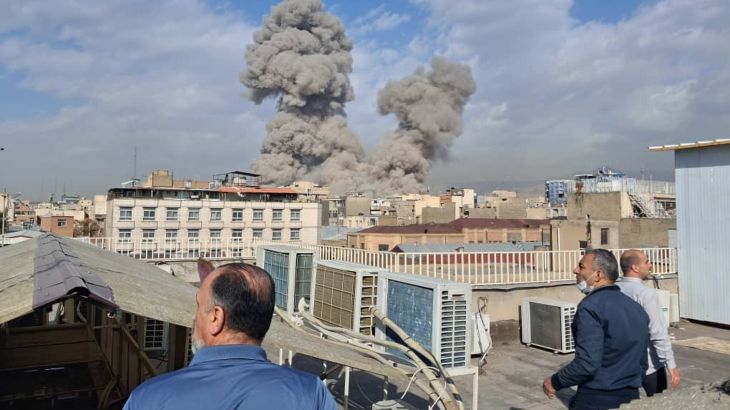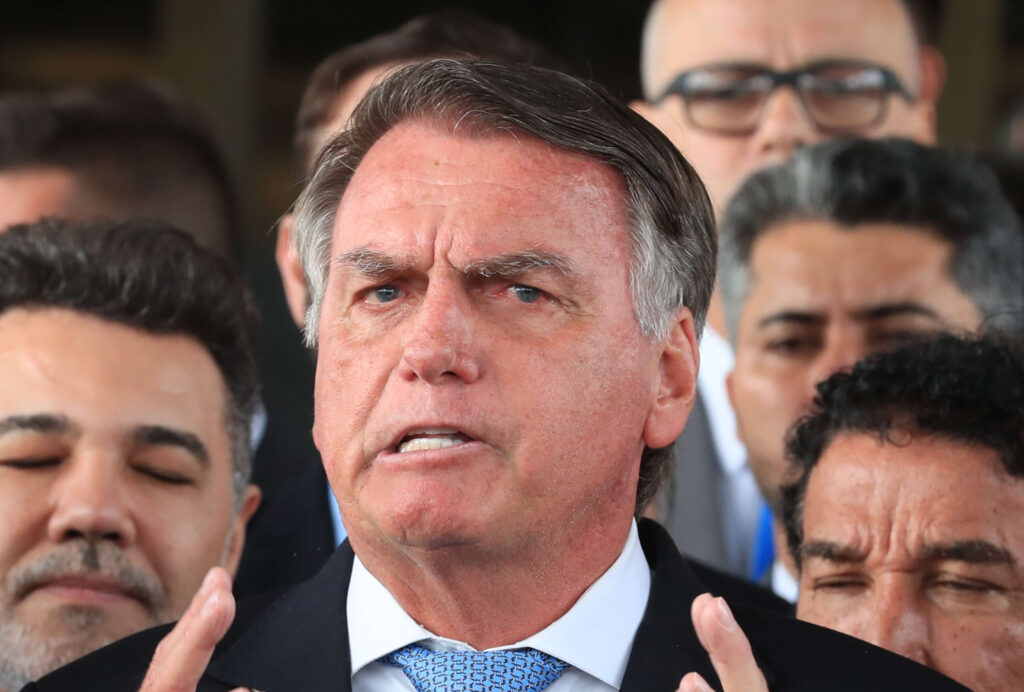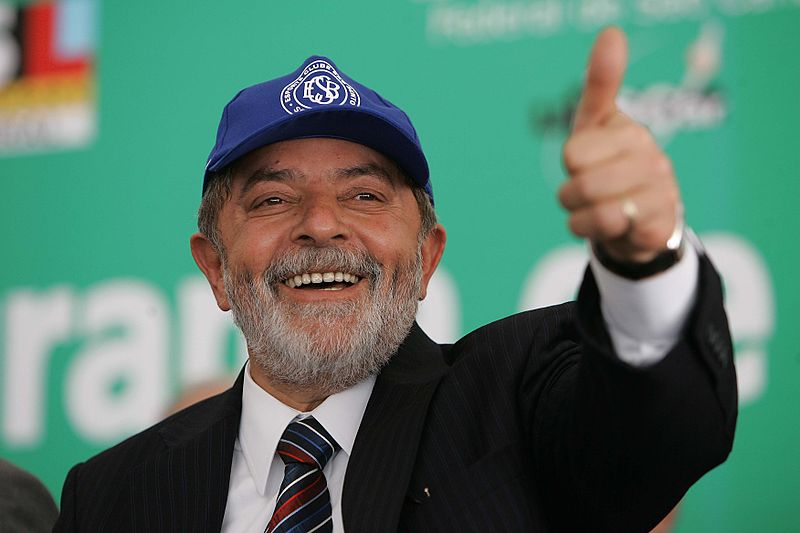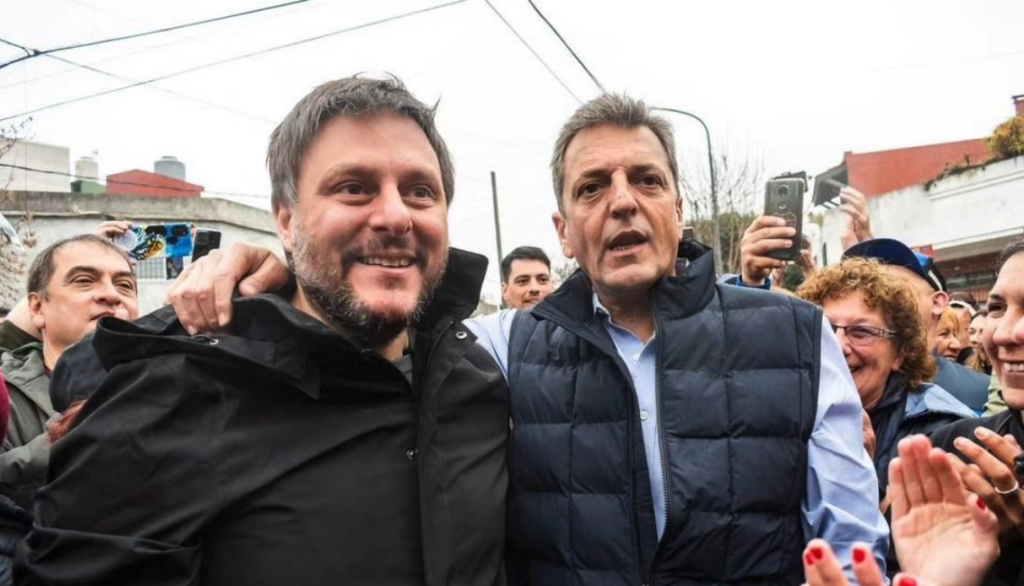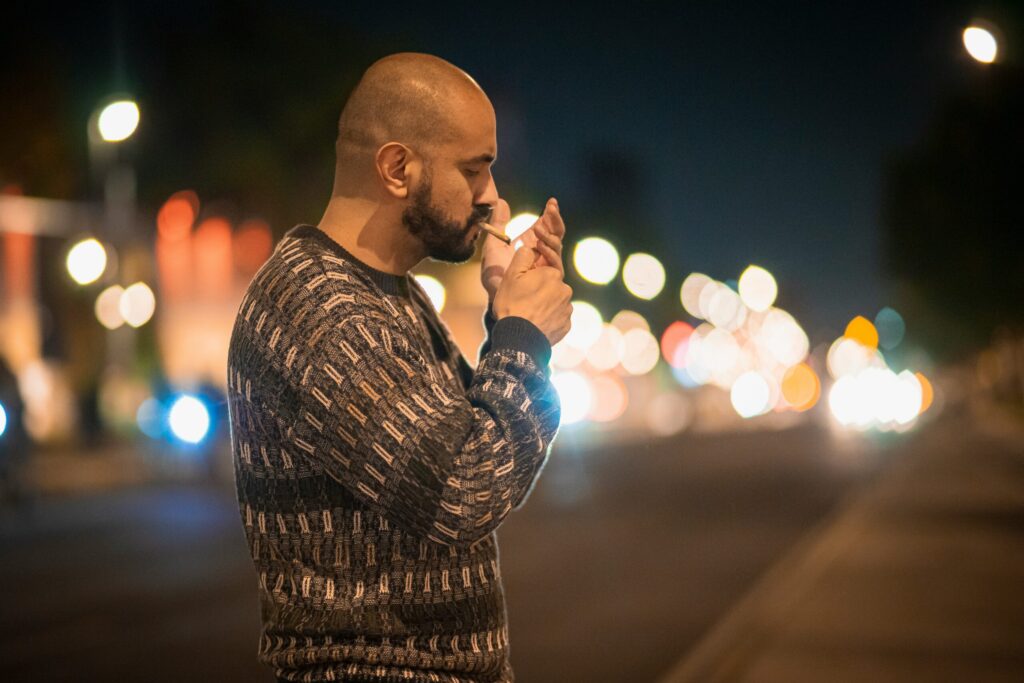Medellín, Colombia – Colombia on July 31 abstained from voting in the Organization of American States’ (OAS) ‘Resolution about the Venezuelan elections of July 28, 2024.’
The resolution sought to demand that President Nicolás Maduro release the electoral records from Sunday’s elections, but did not pass, receiving 17 votes in favor and 11 abstentions, as reported by Colombian newspaper El Tiempo.
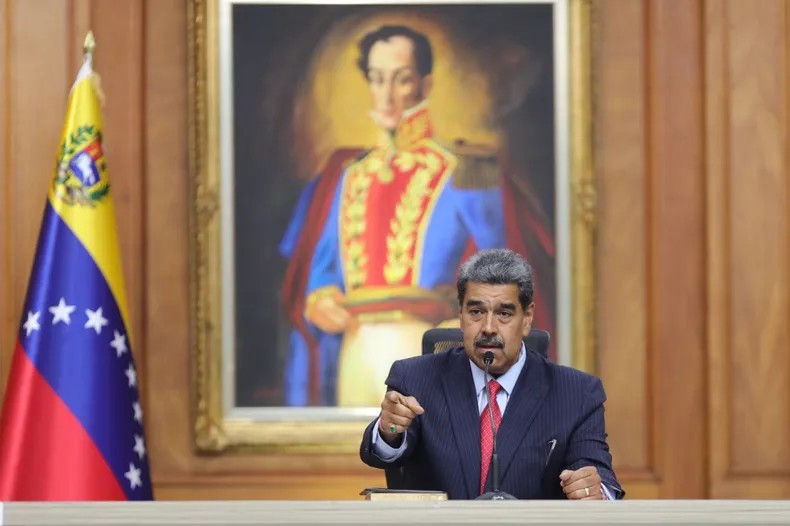
Among those who criticized Colombia’s decision was the country’s former President Juan Manuel Santos, who stated “Colombia’s vote in the OAS is embarrassing,” through X.
As a response to the backlash, the country’s Foreign Affairs office released a statement explaining that the abstention was due to two main factors:
- Venezuela is not a formal member of the OAS since 2019, which means that “this multilateral forum is not appropriate to deal with topics relative to the Venezuelan political situation.”
- The government of Colombia seeks a dialogue between all parties to avoid violence in Venezuela, although a transparent vote count and international oversight over the elections have been called for.
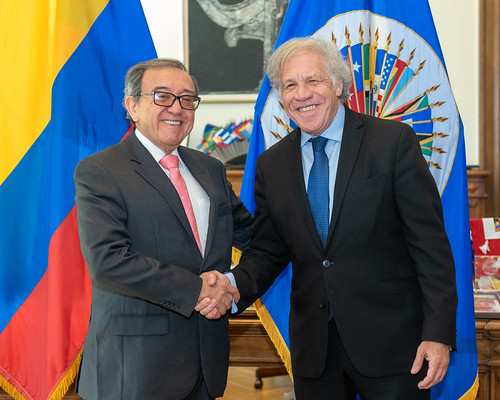
Image Source: OAS.
Additionally, the statement also affirmed that “in the past, some positions adopted by the OAS on the Venezuelan situation have deviated from neutrality and the principle of ‘respect for personality, sovereignty and independence of States’ established in the Charter of the Organization of American States.”
The “urgent special meeting” to discuss the resolution was called for on July 29 by Ecuador on behalf of 12 members of the OAS, including Argentina, Peru, Uruguay and the United States, according to the entity.
A few hours after the initial Colombian statement, another one was also released by the governments of Brazil, Colombia and Mexico on August 1.
“The controversies surrounding the electoral process (in Venezuela) must be settled through institutional routes. The fundamental principle of popular sovereignty must be respected via the impartial verification of the results,” it states.
Can the OAS do anything for Venezuela?
Two days after the Venezuelan elections, on July 30, the OAS received a report from the Department of Electoral Cooperation and Observation, and released a statement about the situation in the country.
“Throughout this entire electoral process, we saw the application by the Venezuelan regime of its repressive scheme complemented by actions aimed at completely distorting the electoral results,” the OAS said.
In conversation with Colombian news magazine Cambio, professor Manuel Camilo González from the Universidad Javeriana explained that although the OAS’ jurisdiction does not apply to Venezuela ever since the country’s exit from the organization, it still must respond to the American Convention of Human Rights.
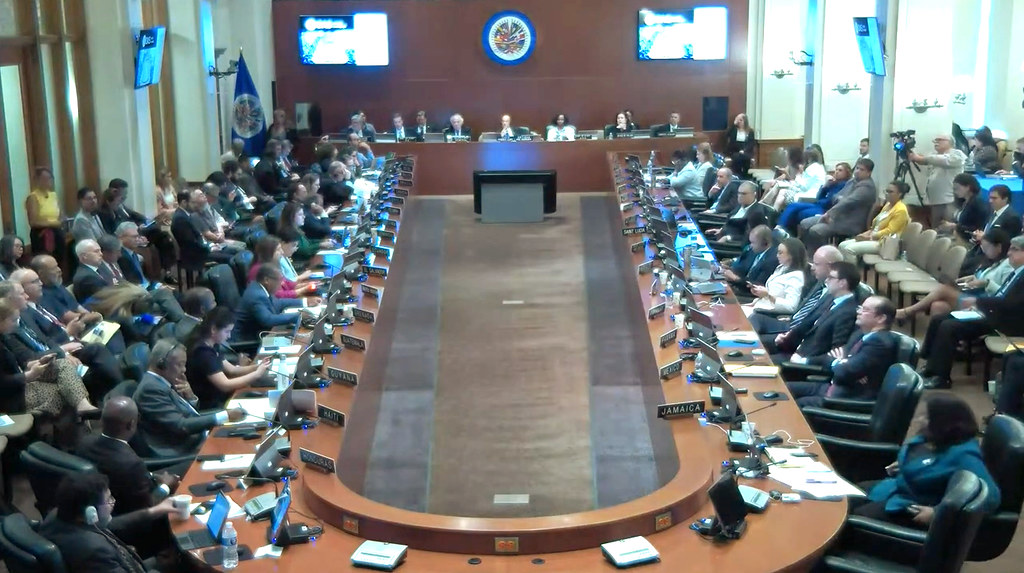
“The OAS does not have the competencies to promote any other coercion measures. It cannot sanction, but its (member) States can determine their own management of the situation, which can include isolating Venezuela or even cutting diplomatic ties,” González stated.
As such, while the OAS cannot formally demand a recount of votes, or any other measure, Colombia’s silence can contribute to Maduro continuing to believe that he has the country’s support, González added.
However, in the tripartite statement, Petro and the presidents of Brazil and Mexico called for the release of vote tallies as well as the respect for the sovereignty of the people of Venezuela.
“We reiterate our disposition to support the dialogue and search for agreements that will benefit the Venezuelan people,” the statement ended, hinting at the possibility of negotiating with the Maduro regime — some of whose members face criminal and human rights abuse allegations — to exit power.
What’s next?
Following the elections, people have taken to the streets, with the Venezuelan Observatory of Social Conflict reporting over 300 protests across 20 states, according to the Venezuelan Observatory of Social Conflict.
Opposition leader María Corina Machado stressed that candidate Edmundo González Urrutia has beat Maduro “in every single State of Venezuela,” and has been calling for peaceful demonstrations demanding the release of the voting tabulations from the Venezuelan National Electoral Council.
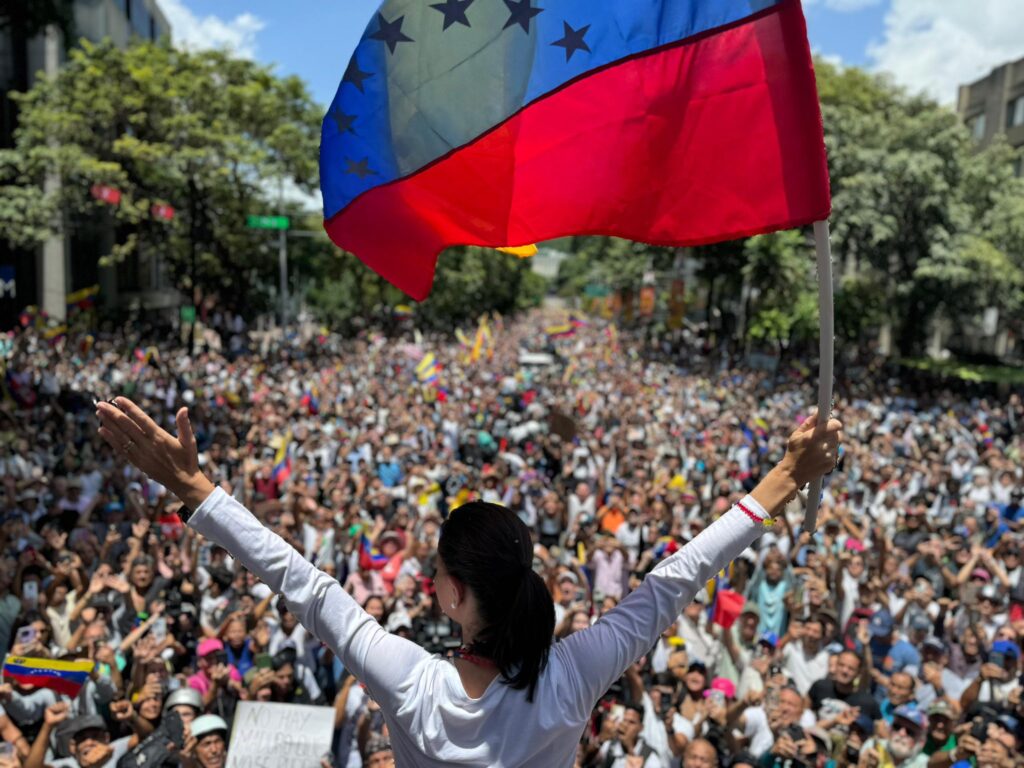
Six countries have recognized González as the winner of the elections: Peru, Argentina, Ecuador, Uruguay, Costa Rica, and the United States, according to Colombian newspaper El Espectador. Regardless, Maduro maintains that he is the lawful president-elect.
According to International Crisis Group, an independent NGO which prevents and resolves deadly conflict, Maduro is likely to emerge weakened from this electoral process, with a tarnished image and more sanctions from the United States and the European Union.
The opposition, on the other hand, is much more united, which will help it in the parliamentary and local elections set to take place next year, as per the NGO.



